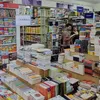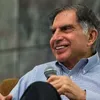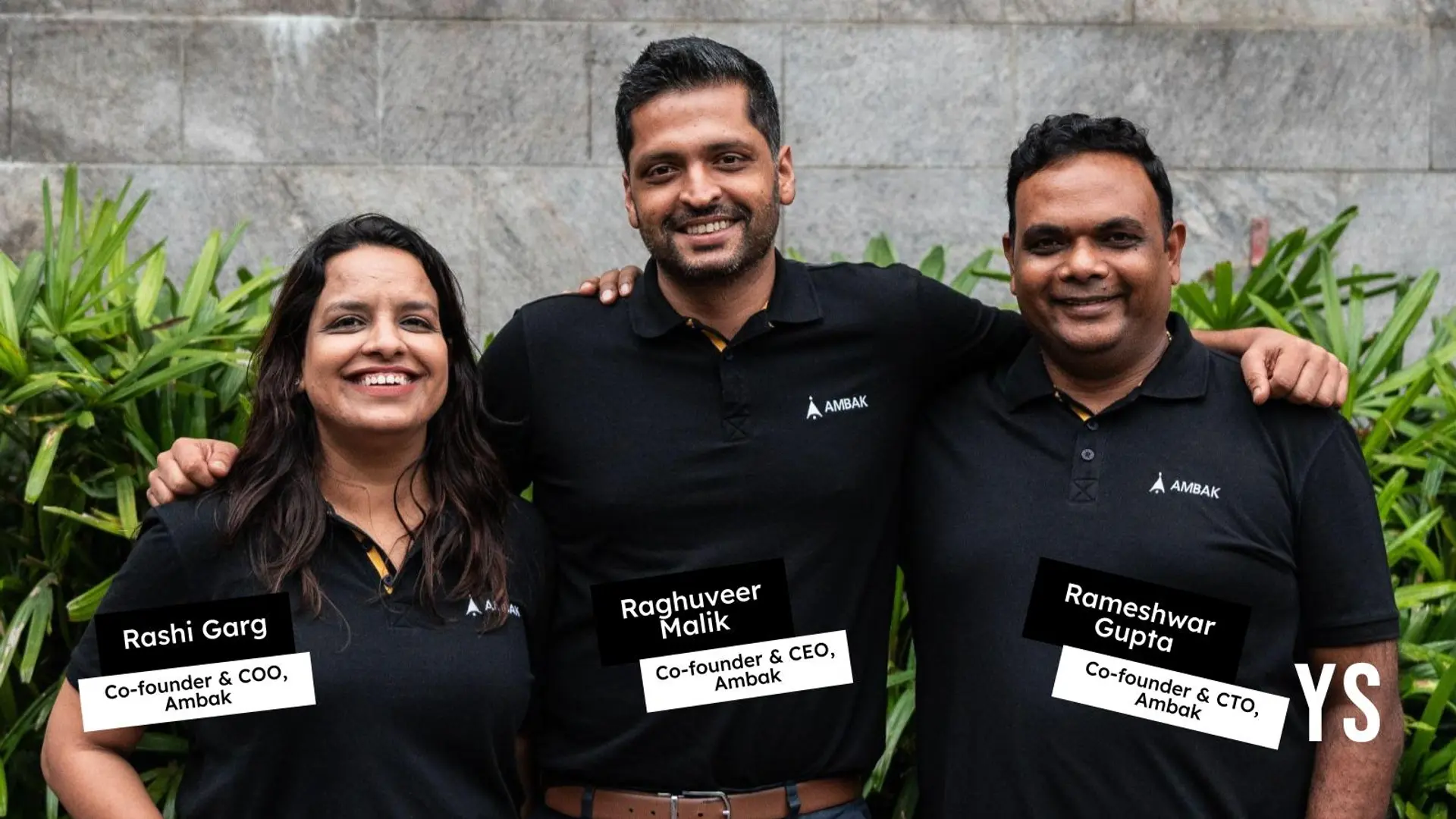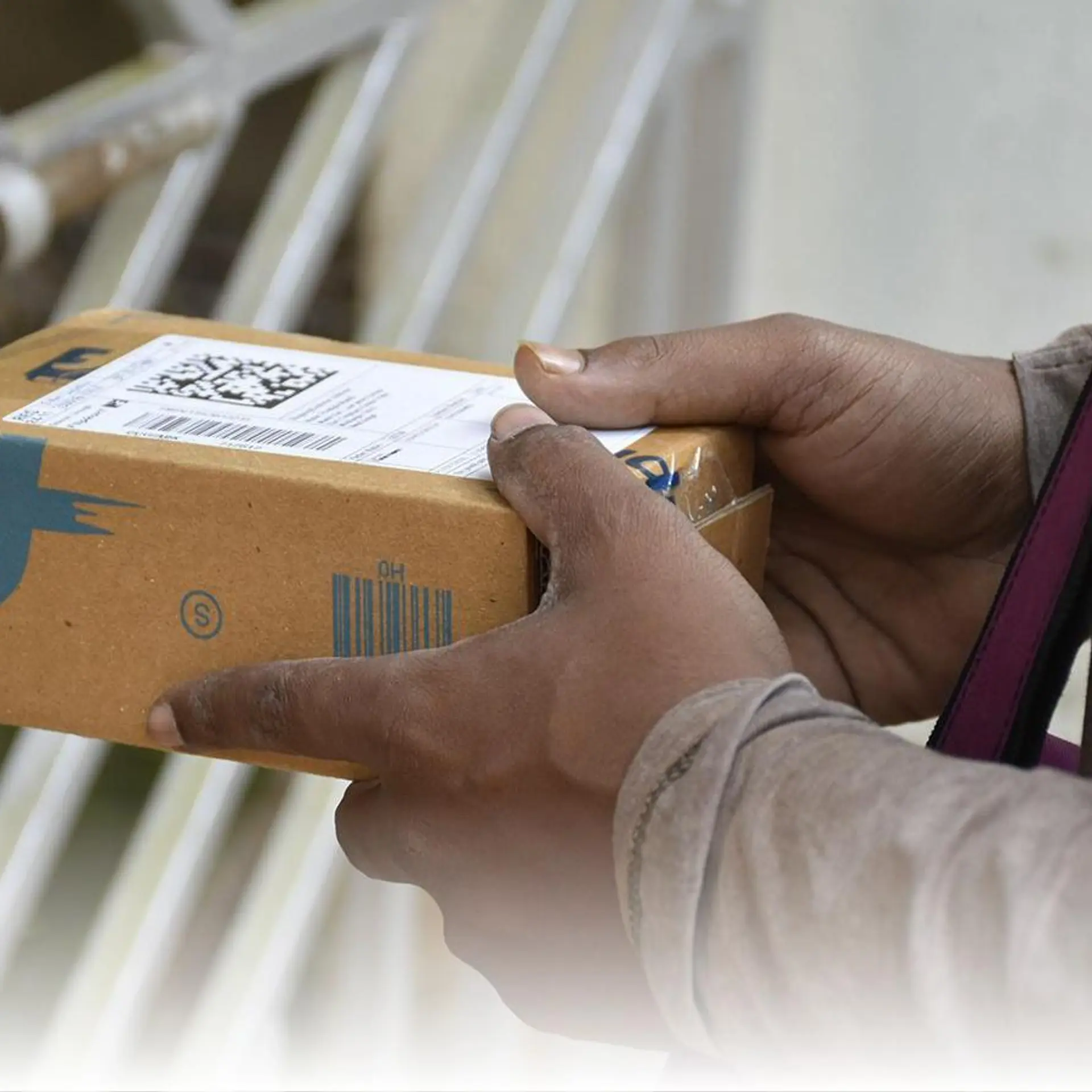Serendipity Arts Festival kicks off its spectacular ninth edition in Goa
In this four-part photo essay series from Goa, we showcase stunning highlights from this major cultural festival, along with curator insights.
Launched in 2014, PhotoSparks is a weekly feature from YourStory, with photographs that celebrate the spirit of creativity and innovation. In the earlier 830 posts, we featured an art festival, cartoon gallery. world music festival, telecom expo, millets fair, climate change expo, wildlife conference, startup festival, Diwali rangoli, and jazz festival.
Goa's natural beauty--from land, sea and air--received a boost this week from the ninth edition of the aptly-named Serendipity Arts Festival (SAF). This multi-disciplinary celebration of creativity is held every December in Goa, with a compelling lineup of music, dance, visual arts, craft, photography, film, theatre, and culinary arts.

The eight-day festival is a flagship initiative of Serendipity Arts, the Hero Group’s cultural development foundation that aims to promote new creative strategies, artistic interventions, and cultural partnerships in South Asia and overseas. Its interventions help transform education, foster community development, and explore multi-disciplinarity forays in the arts.
Helmed by Hero Group’s Sunil Kant Munjal, SAF has become a prominent feature of the annual art calendar. Over 200 projects are featured at 22 venues this year, ensuring something delightful for visitors of all ages (see our coverage of the past three editions of SAF here).
The story of the Hero group is well-captured in the compelling book, The Making of Hero: Four Brothers, Two Wheels and a Revolution that Shaped India. See our book review and author interview.

“The Serendipity Arts Festival aims to create a breadth of offering and also a depth of offering. It is unusual for people to get an exposure of interdisciplinary and multidisciplinary arts at the same place. So that is one theme that has continued across all editions of SAF,” Sunil Kant Munjal tells YourStory.
There are renowned curators for each SAF track: dance (Geeta Chandran, Jayachandran Palazhy), visual arts (Veerangana Solanki; Thukral & Tagra), music (Zubin Balaporia, Bickram Ghosh), and accessibility (Salil Chaturvedi).
Anusha Murthy and Elizabeth Yorke, co-founders of Edible Issues, curated the culinary arts section, while Quasar Thakore Padamsee and Sankar Venkateswaran were the curators for theatre. The crafts exhibits were curated by Sandeep Sangaru and Kristine Michael.

“There is an incredible amount of great work being done in the field of craft documentation, product development, marketing, and making resources available for crafts groups. However, until the creativity comes from the craftsperson themselves to innovate and imagine, and not be dependent on external facilitators, only then will real change be evident,” curator Kristine Michael explains.
She urges that craftsmen be respected as creative powerhouses, and not just vendors who have a skill and knowledge of material and technique. “Post-Covid, there is a huge shift towards the importance of handicrafts, and even corporates are looking at crafts such as pottery to create balanced lives in their workforce,” she observes.
Next year, in its 10th year, SAF has announced plans to go international. Its international debut will be in the UK, and the festival will be held in London as well as Birmingham.

In this photo essay, we showcase some highlights from Multiplay, Food Lab, MOLD, Ladakh Ingenuity, Panjim Cube Factory, Foundry, and other venues. The Art Park featured bands like Merak and Stitch in Nine, with a mix of acoustic and electronic sound. Five AI artists and interactive exhibits at the AI MiniLab showcased the cutting edge of tech-driven creativity.
“At Edible Issues, the future of food is a tool we use often to interrogate the intersections of culture, climate and identity. Engaging with experts in food systems, exchanging ideas, and co-creating alongside them has deepened our passion for this work,” Anusha Murthy enthuses.
“It has also been incredibly reassuring to witness the dedication of so many remarkable people committed to building better food systems in India,” co-founder Elizabeth Yorke adds.

Through the theme Cultures of Our Food Futures, the duo organised workshops and talks that explore how food is shaped by migration, biodiversity, and evolving culinary identities.
A very popular musical feature of SAF is the River Raga–a one-hour performance of Indian classical music on a river cruise at sunset. Featured artists included Anupama Bhagwat (sitar) accompanied by Mayank Bedekar (tabla), and Ujjaini Mukherjee (vocals) with Anay Gadgil (keyboards).
“The River Raga tickets were the first to sell out. There is a huge rush for it, the audience clearly loves this classical music with soul and warmth and in such a spectacular setting,” music co-curator Bickram Ghosh observes.

One of the musical highlights at SAF was the concert by One World, featuring Lou Majaw, Warren Mendonsa, Pratika Gopinath and members of Indus Creed. Their powerful songs appealed for humanity’s return to unity, peace and harmony. Their mix of rock, folk, and Indian classical elements showed the power of music to transcend cultural divides.
“There has been a resurgence of live concerts in India this year, which is extremely rewarding to see. There is also a better understanding and acceptance of crossover music from the classical worlds, both Western and Indian,” music co-curator Zubin Balaporia explains.
During the conversation with YourStory, Munjal also paused to reflect on the legacy of the late great tabla maestro Ustad Zakir Hussain, whose untimely death during the week of SAF sent shockwaves around the world.

“Last year, our opening show on the 15th of December was by Ustad Zakir Hussain. He was on the one hand a very simple person, but at the same time had an amazingly inquisitive mind,” Munjal says.
“Real life gives you everything – things of a great delight and things of grief and sadness, and we have to acknowledge both,” he adds.
SAF’s music co-curator Bickram Ghosh also expressed the rawness of his sorrow on the demise of the tabla legend.

“I knew Zakir Hussain all my life, we lived in the same house in the US in San Rafael for many years. It is a huge loss that he is no longer with us – an artist like him comes only once in several hundred years,” observed Ghosh, himself a renowned tabla artiste.
“Zakir Hussain was the greatest maestro of the tabla, one of India's greatest global ambassadors, and an artist who collaborated with just about any culture,” Ghosh signs off.
Now what have you done today to pause in your busy schedule and harness your creative side for a better world?




Edible Issues








Chamspa Rinchen Dorje








Ujjaini Mukherjee, Anay Gadgil, Bickram Ghosh

Odissi performance, The Foundry

Rangla Punjab

One World

(All photographs were taken by Madanmohan Rao on location at SAF 2024.)
Edited by Megha Reddy











